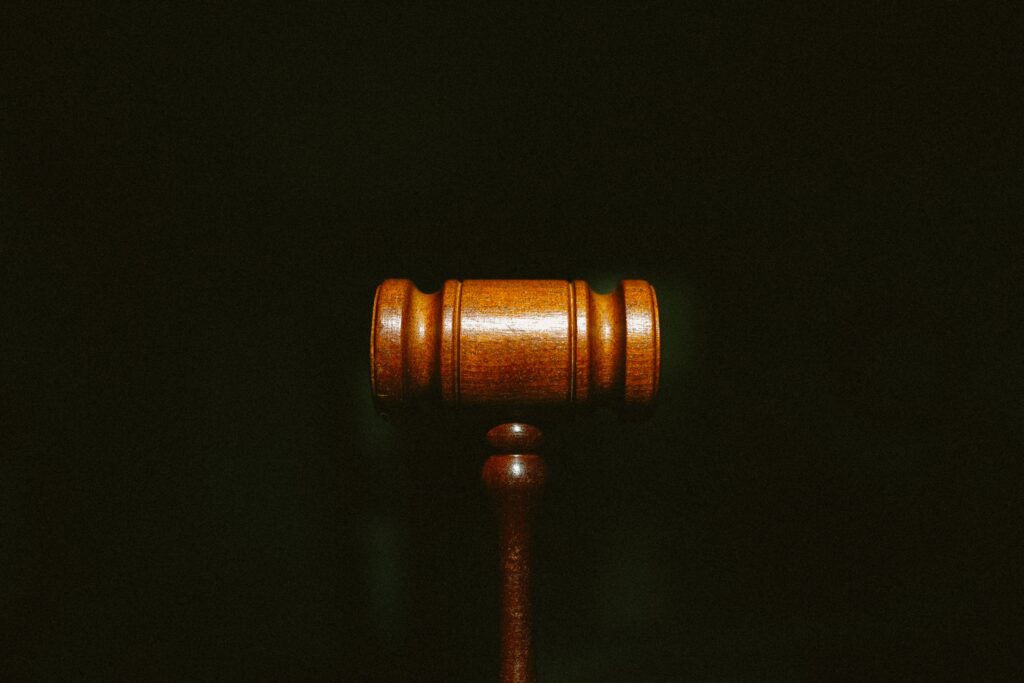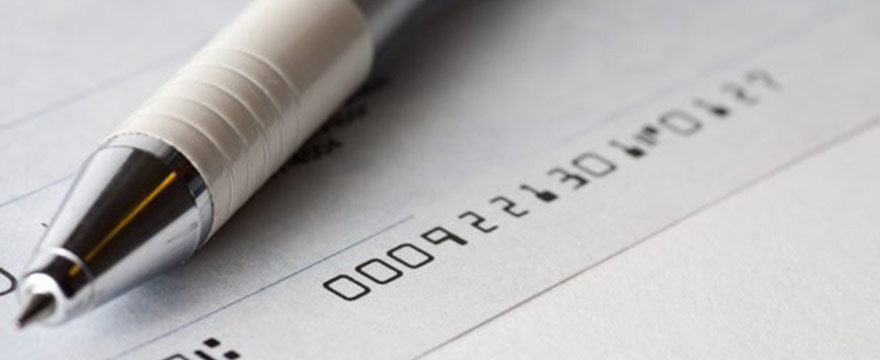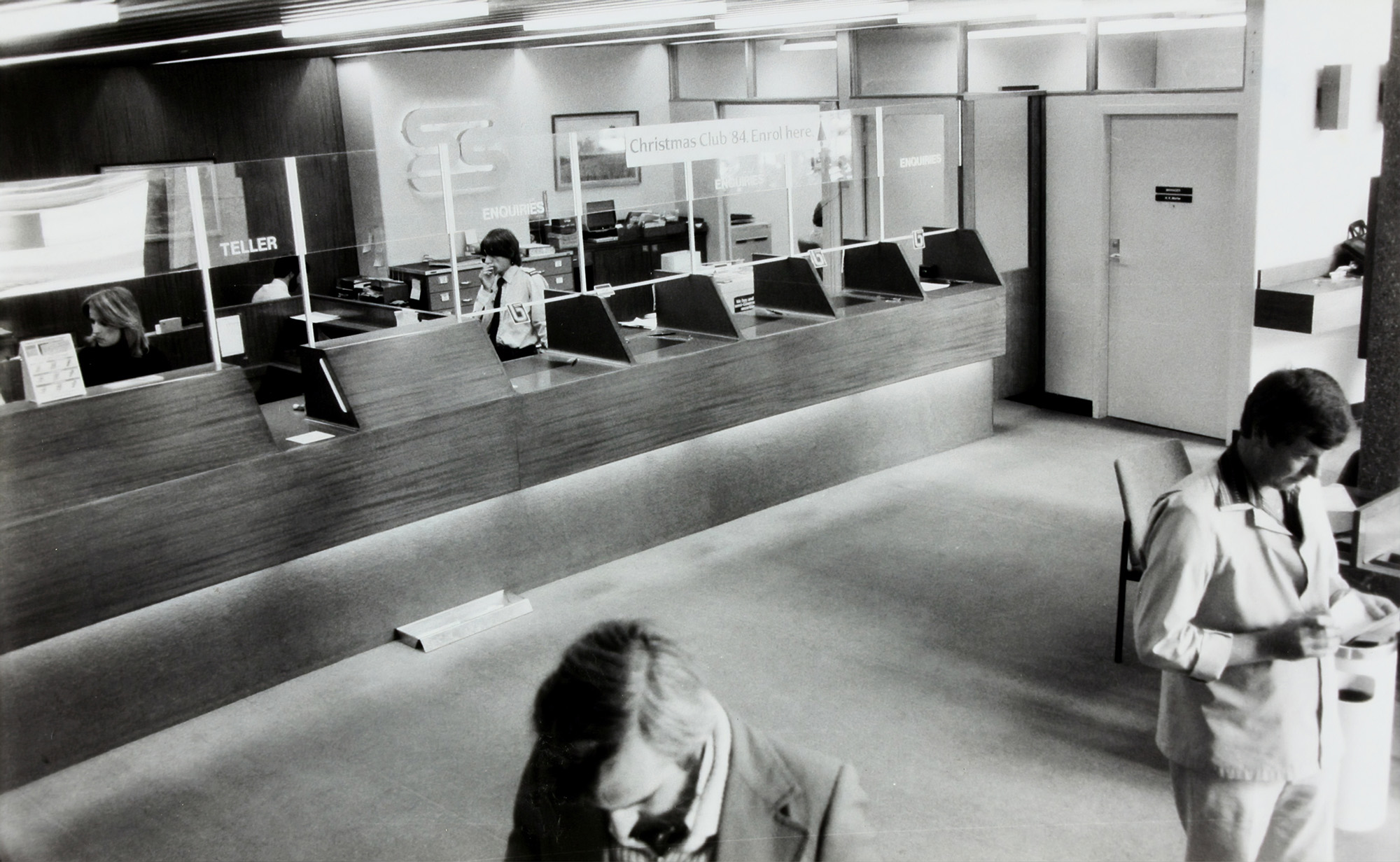Prosecuting Bad Checks | A Guide For Financial Institutions To Fight Back

Check fraud before it is deposited is obviously the ideal scenario for banks and credit unions. This situation avoids the litigation and expense of prosecuting for fraud. Not to mention, it avoids the fraud loss of bad checks. However, when bad items do sneak through, there are some important things banks can do to fight back and prosecute repeat check fraud offenders. Here is what you need to know to act to prosecute fraud attempts at your financial institution.
- Understanding Check Fraud
- Possible Defenses Against Check Fraud
- Responsibilities of Businesses in Preventing Check Fraud
- Precautions to Take Against Check Fraud
- The Prosecution of Check Fraud
- Types of Bad Checks and Associated Penalties
- Rising Trends in Bad Check Cases
Check fraud is a serious offense and comes with very real legal consequences which vary by state. Depending on the severity of the crime, the amount that was defrauded, and the number of instances of fraud the perpetrator completed, check fraud can be either a misdemeanor or a felony.
Check fraud penalties
Check fraud in the U.S. can carry severe penalties. Punishments include fines up to one million dollars, prison sentences exceeding 30-years, or a combination of the two.
Additionally, many first-time offenders who previously held no criminal background at all have received harsh sentences for a first offense in financial fraud. There may be recourse at both the state (criminal) and civil level.

Possible check fraud defenses
If you wondering, can a bank press charges for bad checks, chances are your financial institution may be experiencing fraud. First, there are some caveats FIs need to consider before pursuing a check fraud or bad check lawsuit including if:
Was the check post-dated If the bad check was post-dated with a date after the date it was presented, then it may not qualify as a fraudulent check. In this case, the ‘fraud’ is extending a line of credit and is technically in a bad debt situation.
Stop payment The fraudster stops payment on a bad check, this could be used as defense. However, it must be stopped before an insufficient funds notice returns. So, if a bank or credit union wants to prosecute a fraud attempt it has to have gone through to insufficient funds causing the financial institution to incur a loss on the check.
Antecedent debt There is evidence of a payment of antecedent debt.
Insufficient money notice The maker wrote the bank an insufficient money notice with a promise to repay, thereby creating a temporary credit extension.
Prior dealings There were prior dealings of both parties involved.
Issues of intoxication The issuer were proven insane or intoxicated during the writing.
Traceable to another party Fraudulent activity were traced to someone else other than the accused.
Lack of knowledge The issuer had a lack of knowledge that the check would not be honored.
Character The defendant is in good community standing and deemed of good character.

Counterfeit or altered checks
Typically, businesses are the primary targets of check fraud professionals. Oftentimes, organized groups of criminals who work together to perpetrate these crimes. As far as counterfeiting and alteration, payroll checks are a favorite fraudulent item to manufacture. However, all forms of business checks are targets, and all forms of fraud techniques are practiced as well.
Businesses do have some responsibility to ensure their checks are secure. Recently revised UCC regulations add the onus of shared responsibility for check fraud on the business.
For example, if a bank offers their customer check stock that contains security features that could have prevented a specific case of fraud, the bank can claim that the customer was negligent and therefore at least partially liable for the fraud loss.
Precautions to take against check fraud
There are several precautions businesses can take to help mitigate being targeted for check fraud including adding security features to checks that make it more difficult for fraudsters to counterfeit or alter checks. Furthermore, reserves of checks, deposit slips, and other banking documents should be kept in a locked, secured facility.
Lastly, it’s smart for businesses to institute a segregation of duties. This separates the check writing and account reconciliation functions in the business so the person writing checks is not also in control over balancing bank statements. That simply gives one individual too much access and power to commit a crime.
How the law works to prosecute check fraud
Before charging a person with a crime for writing a bad check, several things must happen. First, the merchant account holder or bank that cashed the bad check must send the writer of the check five-day’s notice. This is a warning that he or she has bounced a check and that payment – including reimbursing the merchant or bank for the returned check fee associated with the bad check – is needed within five business days.
If that doesn’t work, some businesses will make a second attempt. The FI will take the check to the police, along with proof that they’ve already tried to collect on it. The police then will send out a 10 day’s notice letter. This alerts the perpetrator that failure to make good on the debt will result in the involvement of the prosecutor’s office. Authorities say most cases don’t go beyond these two preliminary stages.

How TrueChecks interdicts bad checks
The law makes it a crime to knowingly write a check for which there is insufficient funds in the bank. That’s why running all checks through TrueChecks® to verify the account status and look for any alerts is a great prevention method for these bad checks.
The crime of knowingly writing a check against an account with insufficient funds is a misdemeanor if the amount of the check is less than $500. If the amount exceeds that amount, it jumps to a two-year felony.
Again, in this situation TrueChecks® would keep records of the dates, account numbers, and a full scan of the check in the system so that the bank has the record of these bad check attempts to help you in court. Contributing this important data back is an important part of being an AFS customer. It is also a major reason why the database contains so much current and comprehensive information.
Another type of “bad check” is a “no-account” check. Those are checks written on accounts that either don’t exist or have been closed. Those cases automatically jump to the felony level.
According to PetoskeyNews.com, “Prosecutors say the number of bad check cases for which they are authorizing charges seems to be on the increase. And while they can’t say for sure, it could be a case of tough economic times leaving a greater percentage of bad check passers unable to make good on their debt before the case goes to court.”
Use these tips to tackle check fraud head-on. Make sure that staff handling incoming check deposits run them through TrueChecks® or TrueChecks® Batch. Fighting fraud starts with prevention! We also help fight ACH fraud.
Not an Advanced Fraud Solutions customer yet? Request a free demo and ROI analysis now!

